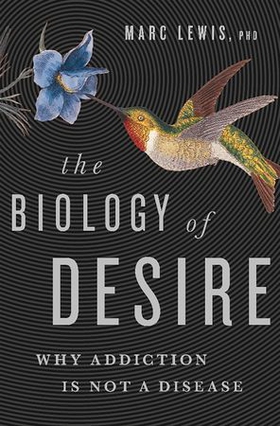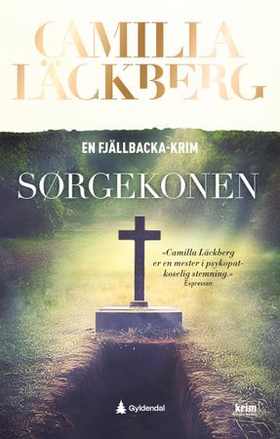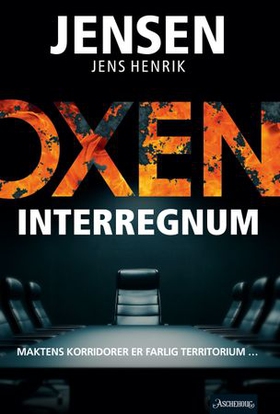
Legg til i ønskeliste
Les gratis utdrag
The Biology of Desire ebok
139,-
A renowned neuroscientist provides an “unorthodox but enlightening” (Wall Street Journal) narrative of how addiction happens in the brain, and what we can do to overcome it Through the vivid, true stories of five people who journeyed into and out of addiction, a renowned neuroscientist—and former addict himself—explains why the disease model of addiction is wrong and how it obstructs the path to recovery. Combining intimate human examples with clearly rendered scientific explanations, The Biolo…
Andre har også kjøpt
Undertittel
Why Addiction Is Not a Disease
Forlag
PublicAffairs
Utgitt
27 april 2017
Sjanger
Språk
English
Format
epub
DRM-beskyttelse
LCP
ISBN
9781610394383
A renowned neuroscientist provides an “unorthodox but enlightening” (Wall Street Journal) narrative of how addiction happens in the brain, and what we can do to overcome it
Through the vivid, true stories of five people who journeyed into and out of addiction, a renowned neuroscientist—and former addict himself—explains why the disease model of addiction is wrong and how it obstructs the path to recovery. Combining intimate human examples with clearly rendered scientific explanations, The Biology of Desire is enlightening and optimistic reading for anyone who has wrestled with addiction either personally or professionally.
Through the vivid, true stories of five people who journeyed into and out of addiction, a renowned neuroscientist—and former addict himself—explains why the disease model of addiction is wrong and how it obstructs the path to recovery. Combining intimate human examples with clearly rendered scientific explanations, The Biology of Desire is enlightening and optimistic reading for anyone who has wrestled with addiction either personally or professionally.






